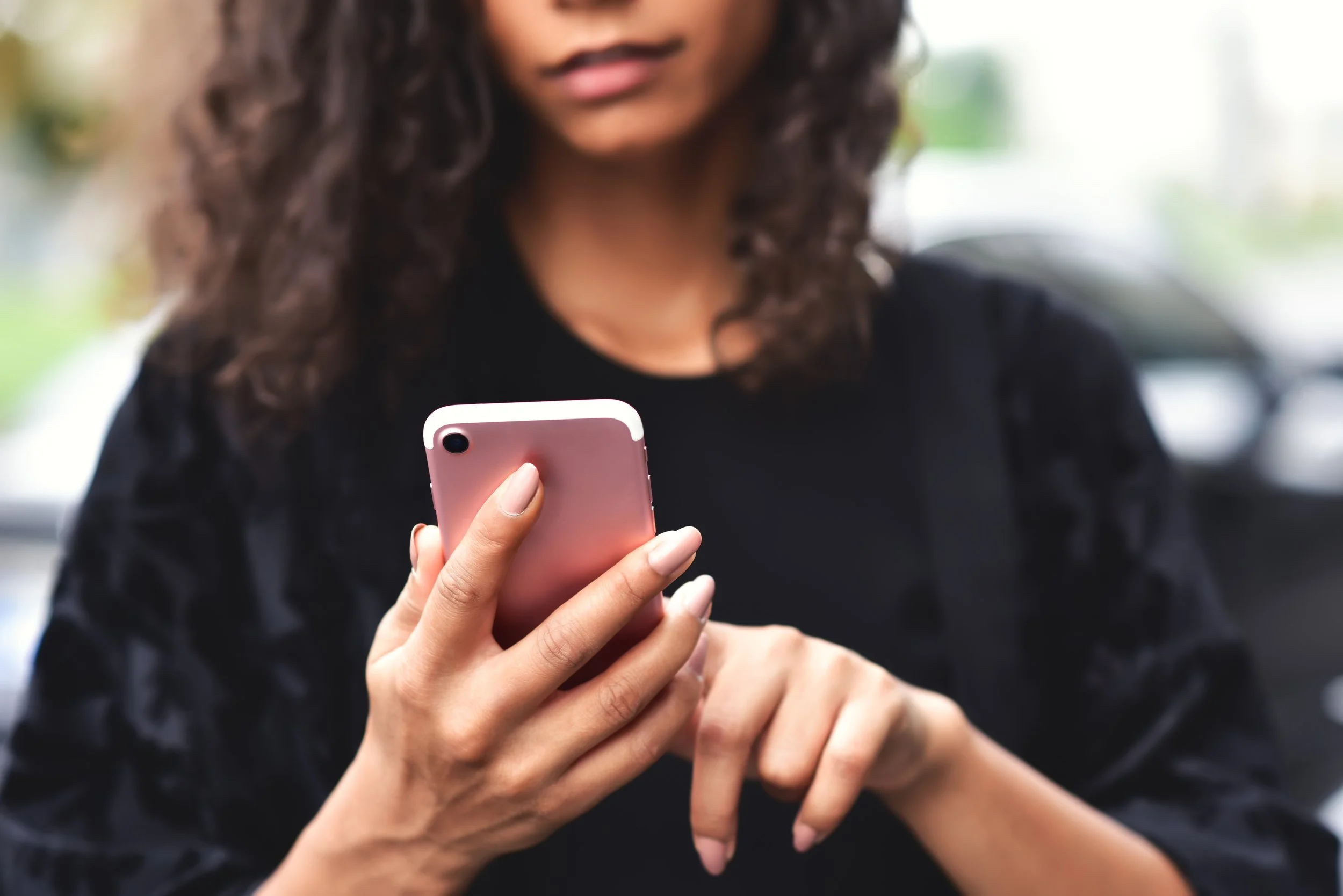The Police Don’t Belong in Crisis: A Non-Carceral Approach to Mental Health Support
My Own Survival as a Multiply Marginalized Person
I remember sitting in my dorm room at college almost 10 years ago, wondering how I was supposed to exist. Wondering if other people struggled with existing as much as I did. Each day felt like a desperate attempt to stay present, to cope enough to stay alive. I felt so alienated, overwhelmed, and fundamentally “wrong” in so many ways.
I’d already been fighting with an eating disorder for several years — that had begun with the rude awakening of puberty. I’d needed more ways to survive through all the overstimulation and dysphoria. My eating disorder wasn’t a secret. My family had found out in high school and pushed me into professional support. I’d been “talked to” condescendingly by doctors who didn’t believe me, or thought that threatening me would somehow fix me. Yet, none of it helped. I was still trans, autistic, and trying to figure out how to exist in a world that didn’t really seem to want me in it. My eating disorder was one of the ways I coped.
My suicidality, though, was a secret. I was afraid doctors or my family would panic and call the cops. It’s ironic, in a sense. In a world where we tell people to “just reach out”, we don't always reward someone's brave initiative when they do actually ask for help. We don't reliably meet vulnerability with curiosity and care. I wasn’t given the support or safety I needed when my family learned of my eating disorder; thus, I was quite sure I would not find that safety when they learned about my suicidality.
While my eating disorder and self harm helped me to survive through those college years, I also felt trapped in cycles that I didn’t want to be in. I didn’t want my life to be ruled by numbers, body checks, and food. I wanted more agency and to take control of my life.
I began volunteering with THRIVE Lifeline in Fall 2020. I’d been looking for volunteer crisis work in an attempt to find a place where I could finally talk about suicidality, even if it was in the context of helping someone else. But THRIVE provided something more. It was a non-carceral organization run by and for people like me. THRIVE offered a space where I could feel human and seen in all of my different dimensions. I wasn’t pathologized. My suicidality, eating disorder, and other mental health experiences weren’t wrong or scary. And I learned how to show up for others who had also faced dismissal or harm from the traditional mental health systems.
Nothing magically changed overnight, but over the past five years of volunteering with THRIVE, and more broadly exploring community-based care, I’ve healed so much. I’ve been able to anchor inside of a community where I can talk openly about suicide. I’ve found resources and support that uplift my agency and seek to understand my needs and wishes. And I’ve been empowered, rather than pushed down and stripped of my many dimensions.
Crisis, Marginalization, and Eating Disorders are Linked
My compounded experiences with neurodivergence, transness, trauma, an eating disorder, and suicidality are not unique. On the whole, trauma survivors and marginalized people are more likely to navigate disordered eating. Around 80% of people who navigate an eating disorder also report exposure to trauma. And suicidality links to both eating disorders and trauma as well. People with anorexia are 18 times more likely to die by suicide, and individuals with bulimia are seven times more likely to die by suicide. We can’t talk about eating disorders without also talking about suicide, trauma, and crisis intervention.
Removing Police from Mental Health and Suicide Prevention Spaces
As a non-carceral organization, THRIVE divests from police and supports folks through crises as trained peers. Collectively, we have experienced, witnessed, and are well-versed in the harm of police interventions, particularly within multiply marginalized communities:
Someone presenting as mentally ill is 16 times more likely to get shot by police.
Multiply marginalized communities face significantly higher rates of police violence. For example, 61% of Black trans people experience some form of mistreatment from police.
Police intervention often leads to involuntary hospitalization. In inpatient settings, 31% of patients faced physical assault and 8% faced sexual assault. The majority experienced traumatic events.
Societally, we are all taught that suicide is scary and requires immediate professional support. That we must remove the agency of someone who is suicidal, take them out of their community, and pass them off to someone who will know “better” how to support them. Indeed, for some people, these carceral approaches have felt supportive or necessary. But for many, particularly those within multiply marginalized communities, it only serves to trap them in cycles of trauma, isolation, marginalization, and suicidality. And, that’s assuming they survive the police contact in the first place.
After all, how is police response and forced hospitalization going to serve someone who wants to die because they can’t afford to pay their bills? Someone who continues to be ostracized from everyone around them because of their identities? Someone whose day-to-day life already doesn’t feel safe?
We as a society are capable of doing better. We must see people’s humanity, learn their needs, and not continue to perpetuate harmful cycles that have gone on long enough.
Resources
If you or someone you know is struggling and wants to explore support options outside of the traditional mental health system, THRIVE maintains a list of non-carceral resources. THRIVE and Stronger U also partner to offer the Stronger Together discord server, online support groups, and several free coping guides that provide non-carceral, non-pathologizing information, strategies, and resources created by people who have been there too.
If you want to learn more about divesting from police and providing non-carceral support, read Stronger U’s free guides on mental health and crisis support.


